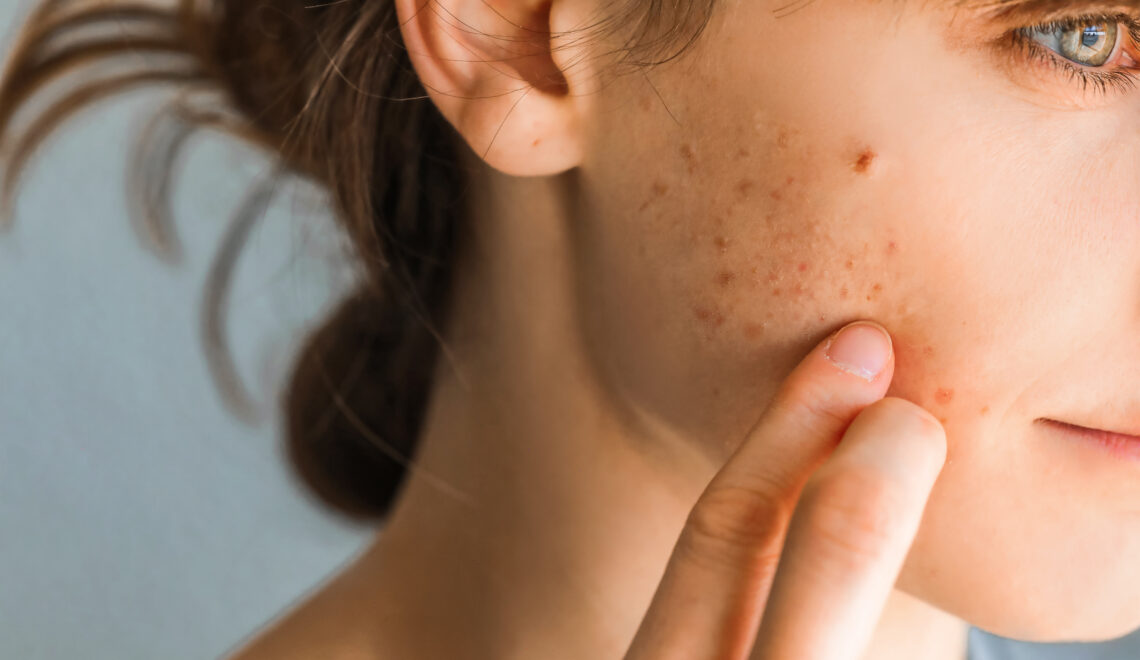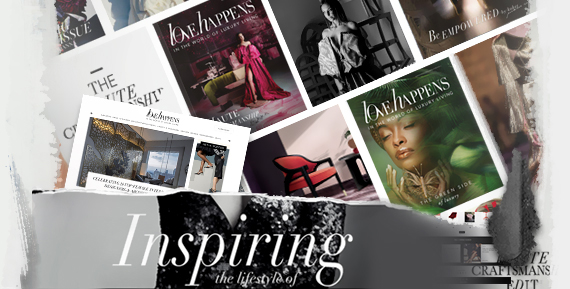How Women With Hormonal Acne Can Feel Confident

Hormonal acne can be a frustrating and emotionally challenging skin condition that affects many women at various stages of life. Whether it appears during adolescence, persists into adulthood, or emerges during pregnancy or menopause, hormonal acne often strikes at times when women already face other physical and emotional changes. The unwelcome appearance of breakouts along the jawline, chin, or cheeks can shake even the most self-assured person’s confidence.
But having hormonal acne doesn’t mean you can’t feel comfortable and confident in your skin. Many women successfully manage both their skin condition and the emotional impact it has on their self-image. This article explores practical, compassionate strategies to help you reclaim your confidence, even when hormones try to steal the spotlight.
Build a Gentle Skincare Routine
Creating a consistent and gentle skincare routine forms the foundation for managing hormonal acne. Your skin needs regular care without harsh treatments that can worsen inflammation. Start with a mild, non-comedogenic cleanser that removes impurities without stripping your skin’s natural moisture barrier. Cleanse twice daily, but avoid over-washing, which can trigger excess oil production.
Follow cleansing with alcohol-free toners containing ingredients like witch hazel or green tea extract that can help balance your skin’s pH level. For acne treatments, look for products with salicylic acid, which helps to unclog pores, or benzoyl peroxide, which fights acne-causing bacteria. Retinoids can also be effective for hormonal acne, but start with a low concentration to avoid irritation.

Seek Professional Support
You don’t have to navigate hormonal acne alone. Dermatologists specialize in treating stubborn skin conditions and can offer prescription-strength solutions when over-the-counter products aren’t enough. They might recommend topical treatments, oral medications, or hormonal therapies like birth control pills or spironolactone that address the root causes of your breakouts.
Estheticians who specialize in acne-prone skin can provide professional facial treatments that help manage breakouts safely. Look for those who understand hormonal acne and offer services like gentle extractions, LED light therapy, or chemical exfoliation appropriate for your skin’s needs.
Understand Your Triggers
Hormonal acne isn’t random. It often follows patterns related to your body’s natural cycles or responds to specific triggers. Track your breakouts alongside your menstrual cycle using a diary or app. Many women notice flare-ups during ovulation or just before their period begins when hormone levels shift dramatically.
Beyond hormonal factors, identify environmental and lifestyle factors that might aggravate your skin. Common triggers include stress, certain foods, lack of sleep, and some cosmetic products. Experiment with eliminating potential dietary triggers like dairy, high-glycemic foods, or processed items for a few weeks to see if your skin improves.
Experiment With Makeup That Enhances Your Natural Beauty
Wearing makeup isn’t about hiding but about highlighting what you love. Use a lightweight, non-comedogenic foundation or tinted moisturizer to even skin tone and avoid clogged pores. Green color correctors neutralize redness, while creamy concealers blend seamlessly over textured areas. Finish with a swipe of mascara or bold lip color to draw attention to your favorite features. Play with looks that make you feel vibrant, not masked. Remember, makeup washes off at night; your worth doesn’t.
Practice Stress-Relief Techniques Daily
Stress worsens hormonal imbalances, creating a vicious cycle. Break it by carving out 10–15 minutes daily for mindfulness. Try deep breathing exercises, journaling, or guided meditations to calm the nervous system. Physical activities like walking or stretching also lower cortisol levels. Prioritize sleep, as rest regulates hormones like cortisol and insulin, which influence breakouts. Small, consistent habits create long-term resilience.
Develop Your Personal Style
When you’re feeling self-conscious about your skin, shifting attention to other aspects of your appearance can boost confidence. Experiment with hairstyles, clothing colors, or accessories that make you feel good and express your personality. A signature look—whether it’s bold earrings, a favorite lipstick shade, or an eye-catching scarf—can become your confident calling card and personal style.
Clothing choices in flattering colors can enhance your natural features and draw attention to your best attributes. Certain colors can also complement your skin tone and minimize the appearance of redness, acne scars, or inflammation. Cool-toned blues and greens often have a calming effect on reddened skin.
Practice Self-Compassion
The way you speak to yourself about your skin has a powerful impact on how you feel. Replace harsh self-criticism with the same kindness you would offer to a good friend facing similar challenges. Acknowledge that hormonal acne isn’t a personal failing or reflection of your worth—it’s a common medical condition influenced by factors largely outside your control.
Challenge negative thoughts when they arise by asking yourself whether you’d say the same things to someone you care about. Would you tell a friend with severe acne that she shouldn’t attend social events or that people are judging her appearance? Probably not—and you deserve the same compassionate perspective you’d offer others.
Wrapping Up
Living with hormonal acne presents real challenges, but it doesn’t define your beauty or limit your potential for confidence. By building a skincare routine that works for your unique needs, understanding your triggers, seeking support when needed, and practicing self-compassion, you’ll develop resilience that transcends skin-deep concerns. Remember that confidence grows from how you treat yourself, not from having perfect skin. The most magnetic quality isn’t flawlessness but authenticity—and that’s something everyone can cultivate, regardless of what their skin looks like today.
More to Love!
How to Elevate Your Beauty Routine with At-Home Devices
The Luxury Beauty Wellness Lovers Holiday Gift Guide





